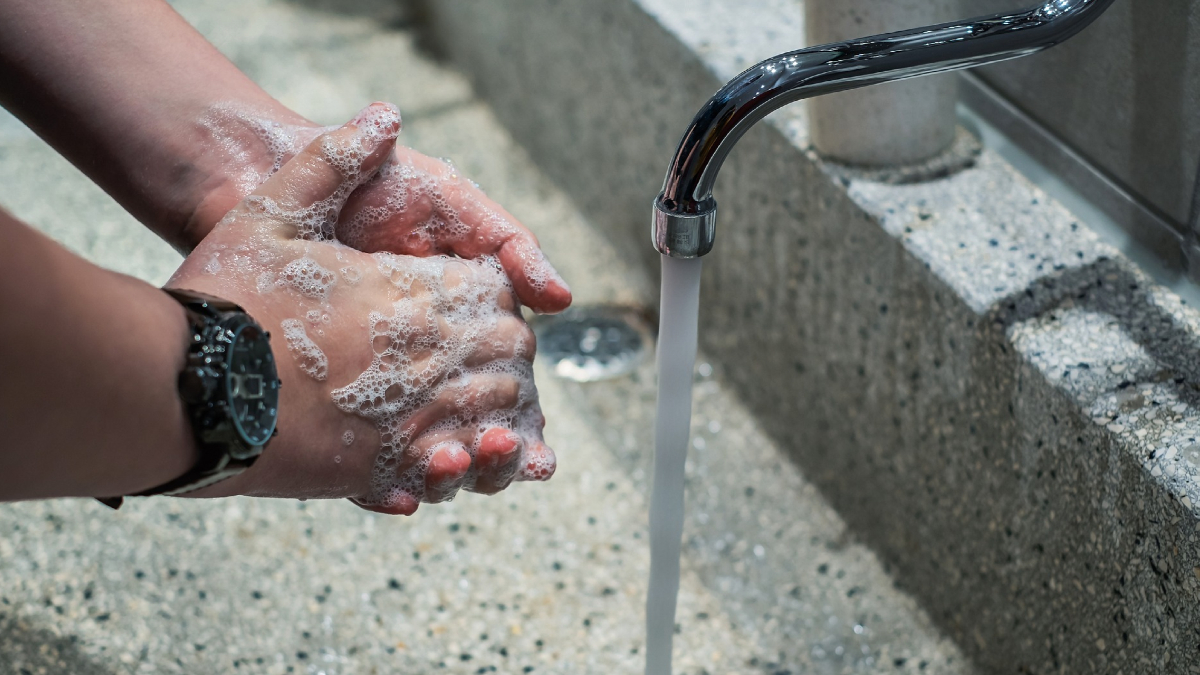Infectious disease expert Dr. Rontgene Solante has assured the public that there is no need to panic over the recent rise in COVID-19 cases, emphasizing that this increase is normal and temporary. “It will not continue to spread. The uptick will just be temporary,” Solante stated during the “Bagong Pilipinas Ngayon” program on Thursday, May 24.
The World Health Organization is currently monitoring three new COVID-19 variants: JN.1.18, KP.2, and KP.3, with KP.2 and KP.3 also known as the “FLiRT” variants. However, the Department of Health (DOH) has indicated that these variants are not causing severe or critical COVID-19 cases either locally or internationally. “These are variants that mutated through several months and that so far, this has slow public health risk unlike the Delta and Alpha which carried higher risk of severe infection or getting hospitalized,” Solante added.
Dr. Solante advised continued vigilance and adherence to public health standards, especially for the elderly and immunocompromised. “If in crowded places, always wear a mask, or consult a doctor when experiencing symptoms,” he emphasized.
This comes as Singapore reported a new COVID-19 wave, with cases doubling over the past two weeks.
Dengue cases rise in the Philippines
The Philippines has recorded a significant increase in dengue cases this year, with 59,267 cases reported as of May 4, marking a 29.62 percent increase from the same period last year. Soccsksargen reported the highest number of cases at 6,994, followed by the Davao region with 6,623 cases.
Despite the rise in cases, dengue-related deaths have decreased slightly, with 164 deaths reported this year compared to 171 last year. The Davao region reported the highest number of deaths at 29, followed by Northern Mindanao with 27 deaths.
Health Secretary Ted Herbosa has urged the public to remain vigilant against dengue, particularly during the rainy season. The DOH continues to promote the “4S” strategy to combat dengue: search and destroy breeding places, secure self-protection, seek early consultation, and support fogging or spraying in hotspot areas.
Dengue is a year-round disease transmitted by Aedes mosquitoes, primarily affecting young children and infants.






